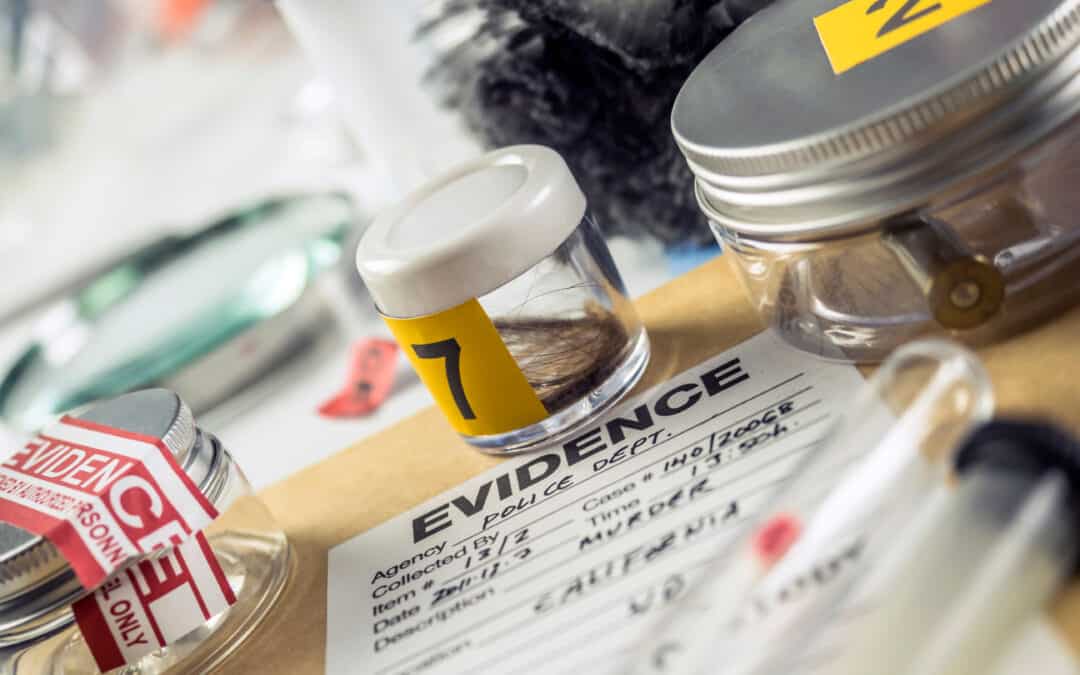If you are a person of interest to police or have been charged with a crime, chances are that they will want your fingerprints and DNA. Over the past few years, their power to take these from you has increased. Here is what you need to know courtesy of our criminal defence lawyers:
Fingerprints
- A police officer may take your fingerprints if you are over the age of 15, where you are believed on reasonable grounds to have committed an indictable or summary offence, or if you have been charged with a crime or summonsed to answer a charge for an indictable or summary offence.
- The police officer must inform you in a language likely to be understood by you the purpose for which the fingerprints are required. They have to inform you of the offence you are believed to have committed or been charged for. They have to tell you that the fingerprints may be used in evidence in Court.
- If you refuse to give your fingerprints voluntarily, a police officer may use reasonable force to take them. If you are a child, your parent, guardian or an independent person must be present when this occurs.
- If you are not charged with the offence within 6 months or found not guilty of the stated offence, your fingerprints will be destroyed.
DNA
- DNA testing falls under the category of a ‘non-intimate compulsory procedure’. It involves taking a buccal swab (a long looking cotton bud) and having it rubbed along the inside of your cheek. This will be performed by a police member and then sent to the laboratory to extract your DNA and create a profile.
- A DNA profile is intended to allow forensics to compare your DNA profile to the profile of any DNA found at a crime scene or with relevance to an alleged offence.
- A police officer may request that you provide a DNA sample. They can only do so if there are reasonable grounds to believe that the procedure would tend to confirm or disprove the involvement of the suspect in the commission of an indictable offence.
- If you do not give informed consent, you can be forced to provide a sample either via an Order of a Magistrate or if a senior police member gives authorization.
- A senior police member cannot be involved in investigating the offence for which the procedure is required. They can only give authorization to use reasonable force to obtain a sample if satisfied that you are a relevant suspect, who is lawfully under arrest and in custody.
- There are special provisions which relate to people under 18 years and people who are mentally impaired.
It is always best to contact an experienced and competent criminal defence lawyer if you are attending an interview or if you are under arrest so that you can get the best advice regarding how to approach providing your fingerprints and DNA.
You can contact one of our experienced criminal lawyers using the following link: https://galballyparker.com.au/contact-us/


